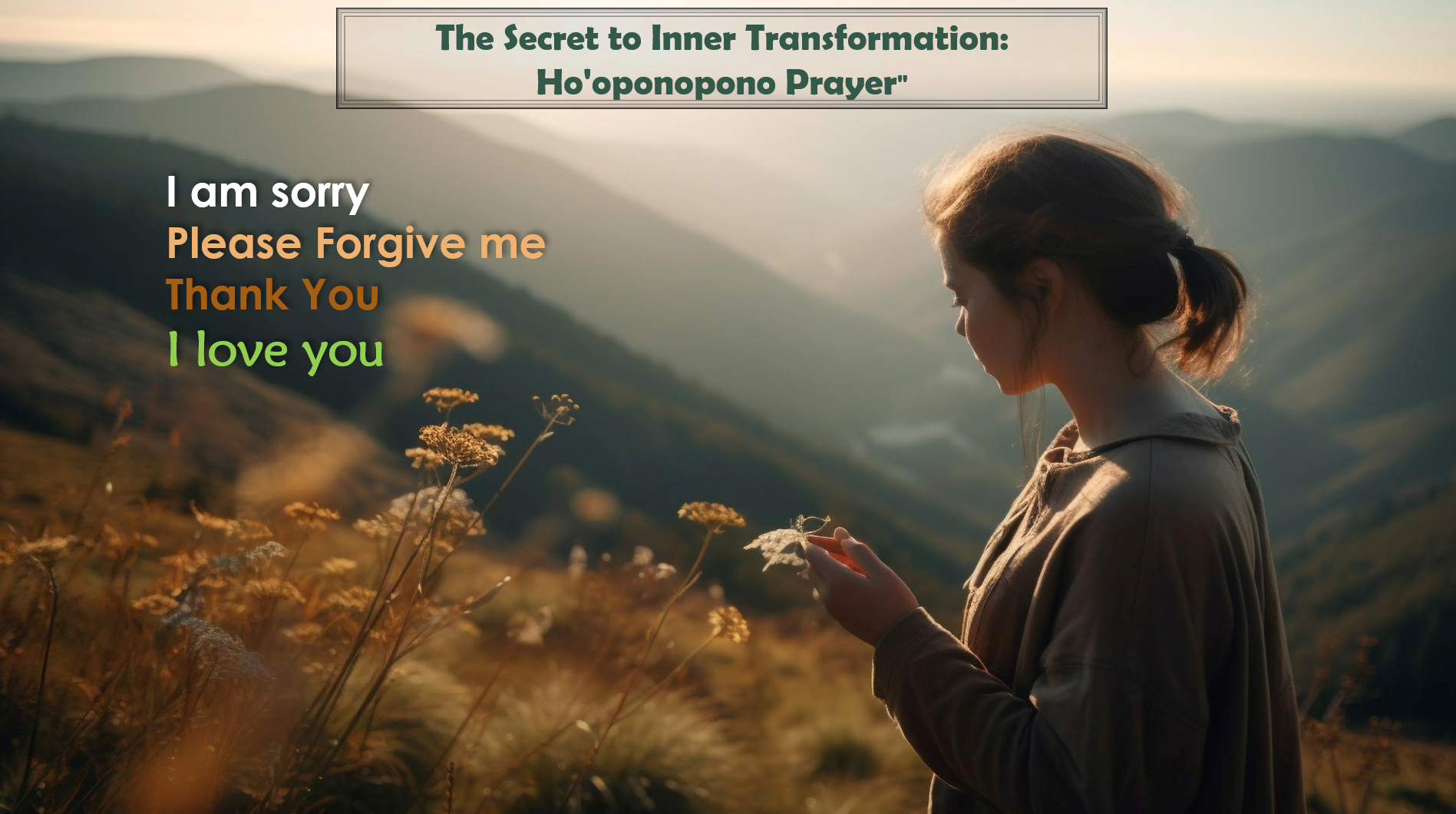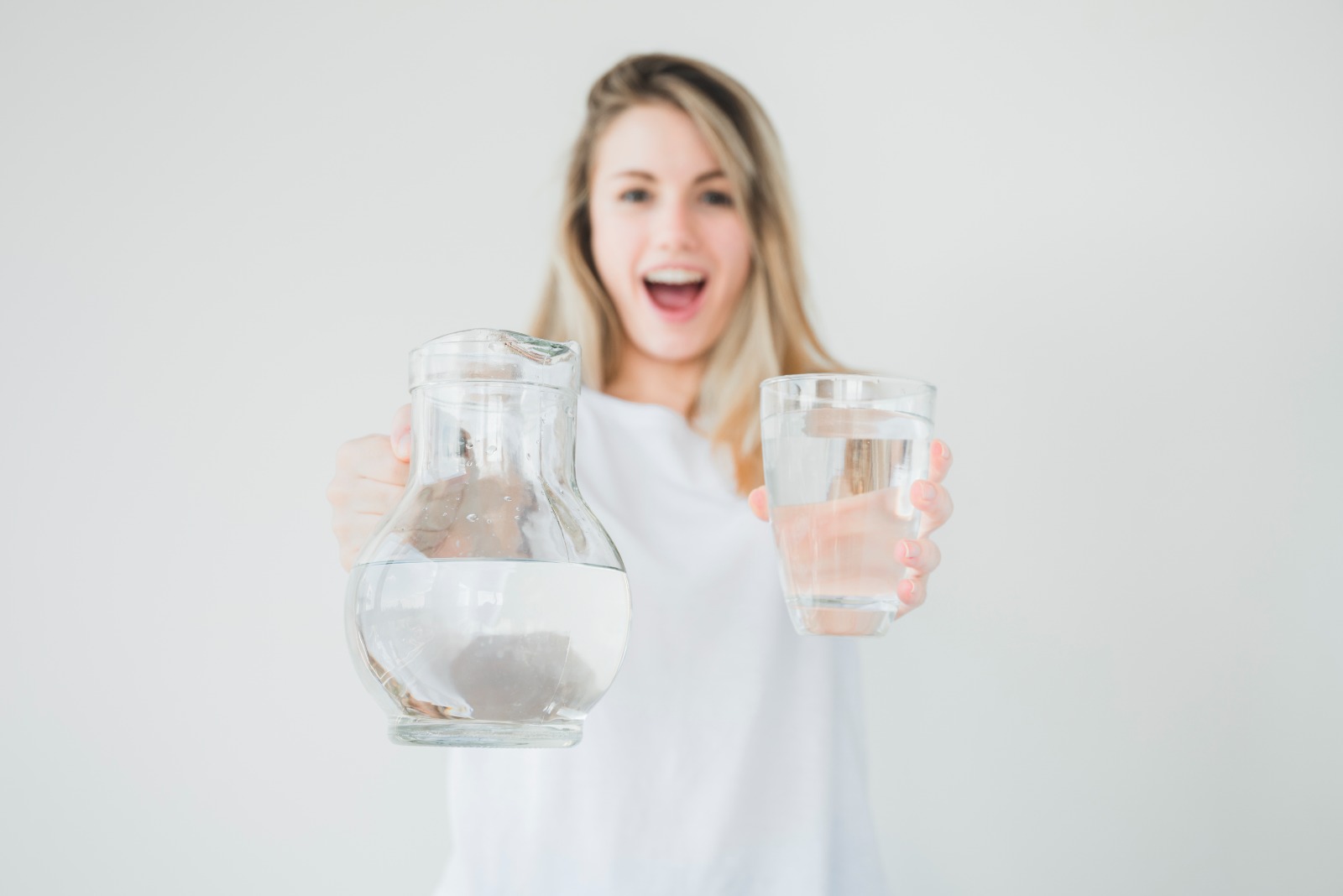The Sleep-Energy Connection
Sleep and energy are intricately linked. The quality and duration of your sleep directly impact your physical, mental, and emotional vitality. Here’s how better sleep can contribute to a more energetic day:
In today’s fast-paced world, where demands and stress levels seem to be constantly on the rise, getting a good night’s sleep is often overlooked.
Nevertheless, it is impossible to overemphasize the significance of high-quality sleep. It not only helps you feel refreshed and rejuvenated but also plays a crucial role in boosting your energy levels for the day ahead. In this article, we will delve into the science behind how better sleep can significantly enhance your next day’s energy and overall well-being.

1. Restoration of Vital Functions
During deep sleep, your body undergoes a process of repair and rejuvenation. This includes tissue growth and repair, muscle recovery, and the release of essential hormones. These restorative processes prepare your body for the day ahead.
2. Improved Cognitive Function
A well-rested brain functions optimally. Adequate sleep enhances memory consolidation, problem-solving abilities, and creativity. When you wake up after a good night’s sleep, you are mentally sharp and ready to tackle challenges efficiently.
3. Enhanced Mood and Emotional Resilience
Sleep plays a vital role in regulating emotions. Insufficient sleep can lead to irritability, mood swings, and heightened stress levels. Conversely, when you’ve had a restful night, you are better equipped to handle emotional ups and downs with composure.
4. Increased Physical Stamina
Quality sleep supports the body’s physical performance. It replenishes energy stores, allowing you to be more physically active and perform at your best during the day. Whether you’re hitting the gym or simply going about your daily tasks, better sleep leads to improved stamina.
5. Hormone Regulation
Sleep is essential for the regulation of hormones that affect energy levels, such as cortisol and adrenaline. A well-balanced hormonal system contributes to a steady and sustained supply of energy throughout the day.
6. Enhanced Immune Function
Adequate sleep strengthens the immune system, making you less susceptible to illnesses. When you’re healthy, you have more energy to devote to your daily activities.

Tips for Better Sleep
Now that we understand the connection between sleep and energy, let’s explore some practical tips for achieving better sleep:
1. Maintain a Consistent Sleep Schedule
Make it a habit to retire to bed and rise at consistent times every day, including weekends. This practice aids in synchronizing your body’s internal clock, resulting in a smoother transition into slumber and a refreshed awakening.
2. Create a Relaxing Bedtime Routine
Partake in relaxing activities before bedtime, like reading, enjoying a warm bath, or engaging in deep breathing exercises. These actions send a clear signal to your body that it’s time to unwind.
3. Optimize Your Sleep Environment
Ensure your bedroom is conducive to sleep. This includes a comfortable mattress and pillows, minimal noise and light, and a cool room temperature.
4. Limit Screen Time Before Bed
Partake in relaxing activities before bedtime, like reading, enjoying a warm bath, or engaging in deep breathing exercises. These actions send a clear signal to your body that it’s time to unwind.
5. Watch Your Diet
Steer clear of heavy meals, caffeine, and alcohol in the hours leading up to bedtime. These can disrupt sleep patterns and leave you feeling groggy the next day.

Getting a good night’s sleep is crucial for overall well-being, and your diet can play a significant role in improving sleep quality. Certain fruits are known for their sleep-promoting properties, thanks to their natural compounds like melatonin and magnesium. Here’s a list of fruits that can help you achieve better sleep:
Fruits That Promote Better Sleep:
Cherries: Cherries are naturally rich in melatonin, a hormone that helps regulate your sleep-wake cycles.
Bananas: Bananas are rich in magnesium and potassium, which can help relax muscles and promote better sleep. They also contain tryptophan, an amino acid that converts to serotonin and melatonin, both of which aid in sleep.
Kiwi: Kiwi is packed with antioxidants, vitamins, and serotonin, making it a fantastic fruit to enhance sleep. It may also help you fall asleep faster and enjoy deeper sleep.
Pineapple: Pineapple contains bromelain, an enzyme that can reduce inflammation and promote digestion. When your stomach is comfortable, it’s easier to relax and sleep well.
Oranges: Oranges are a good source of vitamin C, which can help reduce stress and anxiety, leading to improved sleep quality.
Papaya: Papaya contains tryptophan and melatonin, making it a natural sleep aid. It also supports digestion, preventing discomfort that can disrupt sleep.
Grapes: Grapes, especially red grapes, contain natural melatonin and antioxidants that may improve sleep patterns.
Apples: Apples provide an excellent supply of fiber and vitamin C. Consuming them may help regulate blood sugar levels and prevent blood sugar spikes that can disrupt sleep.
Mangoes: Mangoes are rich in vitamins and minerals, including magnesium and potassium, which can support muscle relaxation and better sleep.
Pears: Pears provide a good dose of dietary fiber and vitamins, contributing to overall well-being, which can indirectly promote better sleep.
Incorporating these sleep-friendly fruits into your diet, especially as part of a balanced evening snack, can be a delicious and nutritious way to enhance your sleep quality. Remember to also follow good sleep hygiene practices for the best results.
The benefits of better sleep extend far beyond simply feeling well-rested. Quality sleep is a cornerstone of overall well-being and plays a pivotal role in boosting your energy levels for the day ahead. By implementing healthy sleep habits and prioritizing rest, you can experience improved physical, mental, and emotional vitality. So, make sleep a priority and watch as your next day’s energy soars.
Frequently Asked Questions
1. How much sleep do I need to feel energized?
The recommended amount of sleep varies by age, but most adults require 7-9 hours of quality sleep each night to feel energized.
2. Can napping during the day help boost energy?
Yes, short power naps (around 20-30 minutes) can provide a quick energy boost, especially if you didn’t get enough sleep the previous night.
3. What if I have trouble falling asleep?
If you have trouble falling asleep, try relaxation techniques like deep breathing, meditation, or yoga to calm your mind before bedtime.
4. Is it better to wake up early or sleep in for more energy?
It’s essential to find a sleep schedule that suits your body’s natural rhythm. Some people are naturally early risers, while others are night owls. Consistency matters more than the specific time you wake up.
5. How long does it take to see improvements in energy with better sleep?
Improvements in energy can be noticeable within a few days to a week of consistently getting better sleep. However, it may take longer for some individuals to see significant changes in energy levels.




